Now available: WHA77 GSF side-event report
The Global Surgery Foundation (GSF) side-event at WHA77 convened a diverse array of global health leaders, representing UN member states, United Nations bodies, philanthropy, academia, civil society, and industry. The discussions centred on forging robust partnerships to advance women’s health equity, reflecting a shared commitment to catalysing transformative change on a global scale.
The event enjoyed remarkable success, evidenced by the impressive attendance and the strong backing of 11 co-sponsoring countries and 16 leading global health organisations. The theme of women's health and surgical care clearly resonated throughout the WHA week, highlighting its critical role in achieving SDGs and Universal Health Coverage.
“The event enjoyed remarkable success, evidenced by the attendance and the strong backing of 11 co-sponsoring countries and 16 leading global health organisations”
The key messages discussed included:
Investment for Women’s Health and Surgical Care
The investment in addressing neglected women’s health needs is one of the best investments in global health, potentially boosting the global economy by at least $1 trillion annually by 2040.
Women in low- and middle-income countries (LMICs) face severe inequity in accessing healthcare, resulting in poor health outcomes and significant negative economic impacts on families and communities.
Ensuring access to comprehensive surgical care is crucial for improving health outcomes for women, particularly in maternal health, breast cancer, and cervical cancer.
Surgical care is a key missing link in ending health inequities for women:
For maternal health, surgical care can:
Prevent 100,000 maternal deaths yearly
Reduce maternal mortality by over 30%
Reduce neonatal mortality by over 30%
Reduce postoperative complications by over 50%
For breast cancer, women in High-Income Countries have an 80% survival rate, whereas survival is only 20% in LMICs. Surgical care, as part of a comprehensive care package, can improve this inequity significantly.
For cervical cancer, there has been tremendous progress with screening. But once a woman has been diagnosed, there is a huge gap for surgical treatment options for her.
“GSF reached 4.3 million people with improved access to surgical care within one year”
Concrete Actions and Results
Issued a clear call to translate dialogue into action, urging stakeholders to demonstrate measurable impact and integrate surgical care seamlessly into healthcare systems.
GSF reached 4.3 million people with improved access to surgical care within one year, impacting over 10,000 patients and healthcare providers through various programs.
GSF is ready to implement projects in maternal health in several countries, which can drastically reduce maternal mortality (by >30%), neonatal mortality (by >30%) and surgical complications (by >50%).
SURGhub, the United Nations Global Surgery Learning Hub, has reached over 5,000 healthcare workers from more than 160 countries.
The full report is now available for download.
The GSF team wishes to thank all co-sponsors, speakers, and participants for their support in making this event a success.

